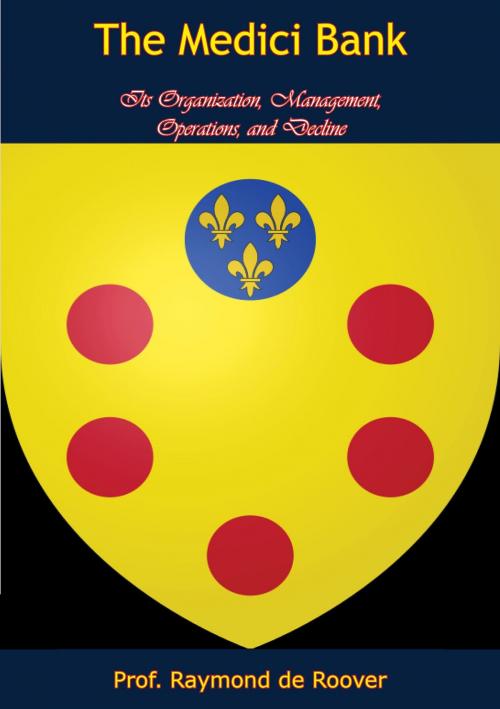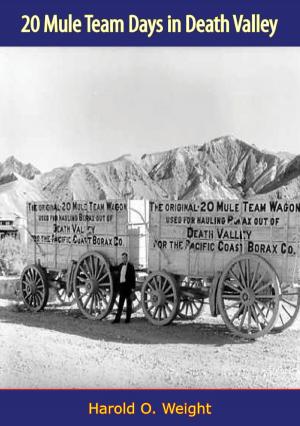The Medici Bank
Its Organization, Management, Operations, and Decline
Nonfiction, History, Italy, Travel, Europe, European General| Author: | Prof. Raymond de Roover | ISBN: | 9781787207714 |
| Publisher: | Borodino Books | Publication: | July 31, 2017 |
| Imprint: | Borodino Books | Language: | English |
| Author: | Prof. Raymond de Roover |
| ISBN: | 9781787207714 |
| Publisher: | Borodino Books |
| Publication: | July 31, 2017 |
| Imprint: | Borodino Books |
| Language: | English |
Professor Raymond de Roover received his MBA from Harvard University in June 1938, and it was during that summer that he, together with his wife, Florence Edler, an American scholar studying European economic history, photographed the records that would form the basis for this Medici Bank study.
First published in 1948, this publication examines the structural organization and eventual fall of the Medici Bank, the largest and most respected bank in Europe during its prime in the 15th century (1397-1494). The book includes in-depth chapters covering the Florentine banking system; the structure of the Medici firm; the central administration and the branches; the management of the branches; the management of the industrial establishments in Florence; banking and exchange transactions; commercial transactions; the alum cartel; the sources of invested funds; and, finally, the causes of the decline.
An important addition to the historical analysis of banking during the formative period of modern institutions.
Professor Raymond de Roover received his MBA from Harvard University in June 1938, and it was during that summer that he, together with his wife, Florence Edler, an American scholar studying European economic history, photographed the records that would form the basis for this Medici Bank study.
First published in 1948, this publication examines the structural organization and eventual fall of the Medici Bank, the largest and most respected bank in Europe during its prime in the 15th century (1397-1494). The book includes in-depth chapters covering the Florentine banking system; the structure of the Medici firm; the central administration and the branches; the management of the branches; the management of the industrial establishments in Florence; banking and exchange transactions; commercial transactions; the alum cartel; the sources of invested funds; and, finally, the causes of the decline.
An important addition to the historical analysis of banking during the formative period of modern institutions.















